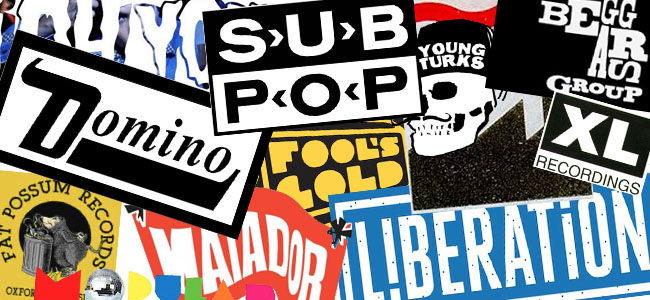As music continues to be spread primarily through online platforms, many are asking what role does independent record labels play in 2021?
What role does independent record labels play in 2021?
Before we get started, let’s just get the basics out of the way. An independent label, also known as an indie label, is a record label that’s independently funded and has no affiliation to any of the big three, namely Warner, Sony and Universal. Indie labels vary from home-based hobby outfits to highly lucrative ones. Some indie labels have managed to gain such recognition, that they’re actually distributed by the big three labels.
Indie labels have always faced an uphill battle due mainly to financial resources, but the internet, as bad as it was for music at the turn of the century, has also created a slew of opportunities for independent record labels, allowing them to seek out new means of achieving their revenue goals. Of course, it’s also created a set of new problems along the way. Artists have been particularly hard hit during the global health crises of the past 18 months, having no gigs to attend to put food on the table.
Fortunately, restrictions are easing up as the world moves on and fights on. With all this in mind, let us now explore the role of independent record labels in the ongoing year of 2021.
Sources of income
For one thing, the role of an indie label is first and foremost, to generate revenue. Sales generated from streaming has become quite common place these, although what’s still not quite common place is how much artists and labels earn through these various online music stores and platforms. Transparency is however a major talking point these days with the UK government planning on implementing new laws to even out the playing fields.
In terms of streaming royalties, as it stands, iTunes will allow an artist to receive between 60-70% of the price of each iTunes download while Spotify will give back £0.003 for each stream that occurs. As the world’s biggest music store and thus the most profitable, the idea of iTunes owning shares in major labels is not hard to believe. While it’s safe to assume that the pay structure from other stores will vary, the above figures provide a very decent ballpark figure.
Publishing & licensing
Music publishing and licensing remains and imperative cog in the revenue machine for independent artists and labels. Publishing has to do with the ownership of produced material while licensing has to do with making one’s music available to the various commercial outlets – adverts, TV shows, games, movies etc. Registration with the applicable organisation is an absolute must and they vary from country to country. Alternatively, should the artists elect to do their own admin, then it’s recommended that they sign up with a music publishing company. However, while publishing companies can certainly assist artists and indie labels in spreading their product, they will take a cut of the profits.
Merchandising
When it comes to the production of music, nothing has changed. Artists and labels want to profit from the fruits of their labour. Of course one has to take into account artistic freedom and the creative pleasure that being in the music industry affords to those involved. If there’s one sure-fire way in which artists and independent record labels can cream a little extra from the top, it’s by way of merchandising and this can be done through live events and more than ever, online. In order to put out merch that’s going to fly off the shelves, it’s not just to do with how good the music is, but also good the merch itself is. Generally, good music merchandise is composed of t-shirts, hoodies, posters and more vinyl than CD’s nowadays.








